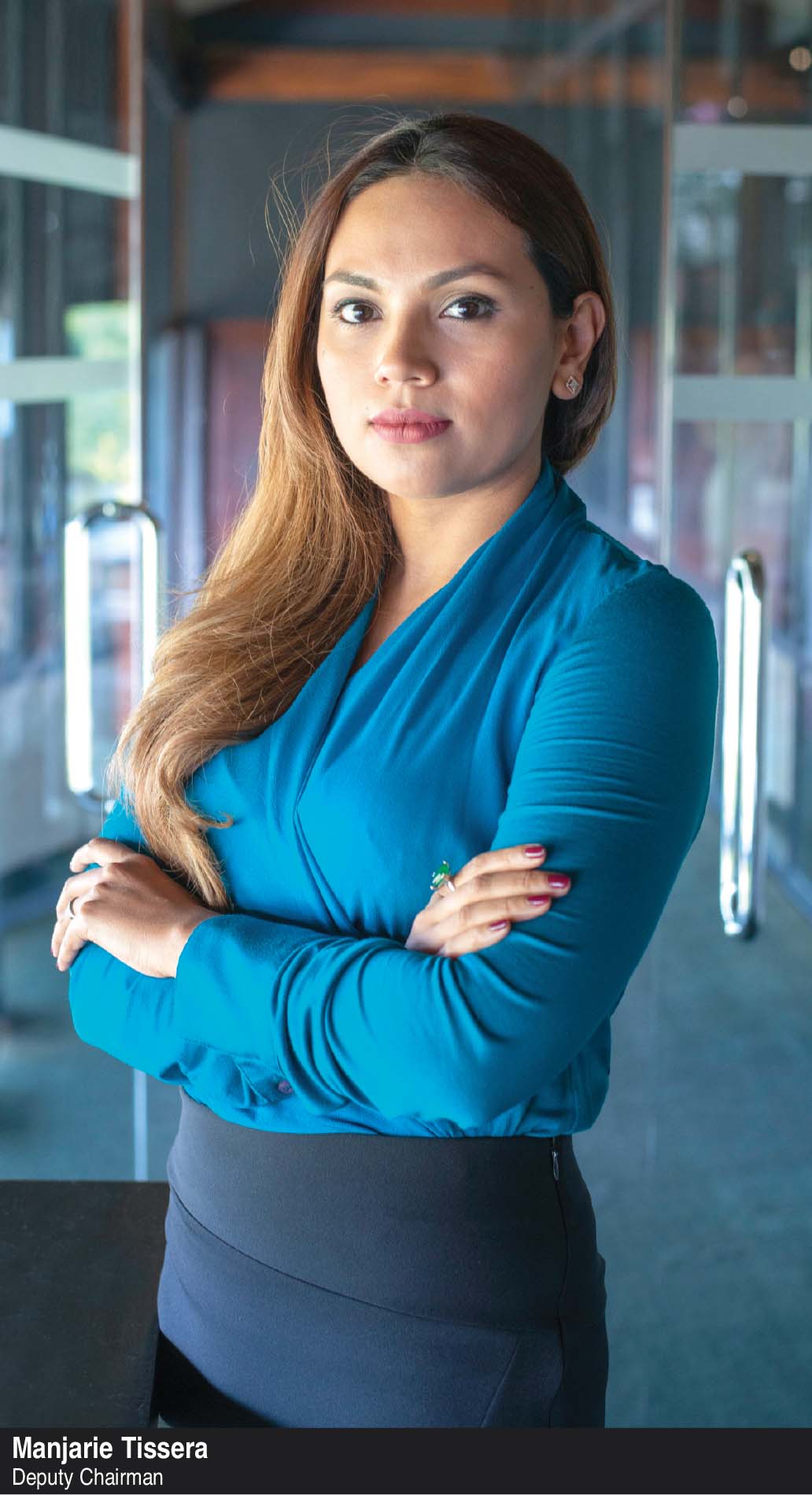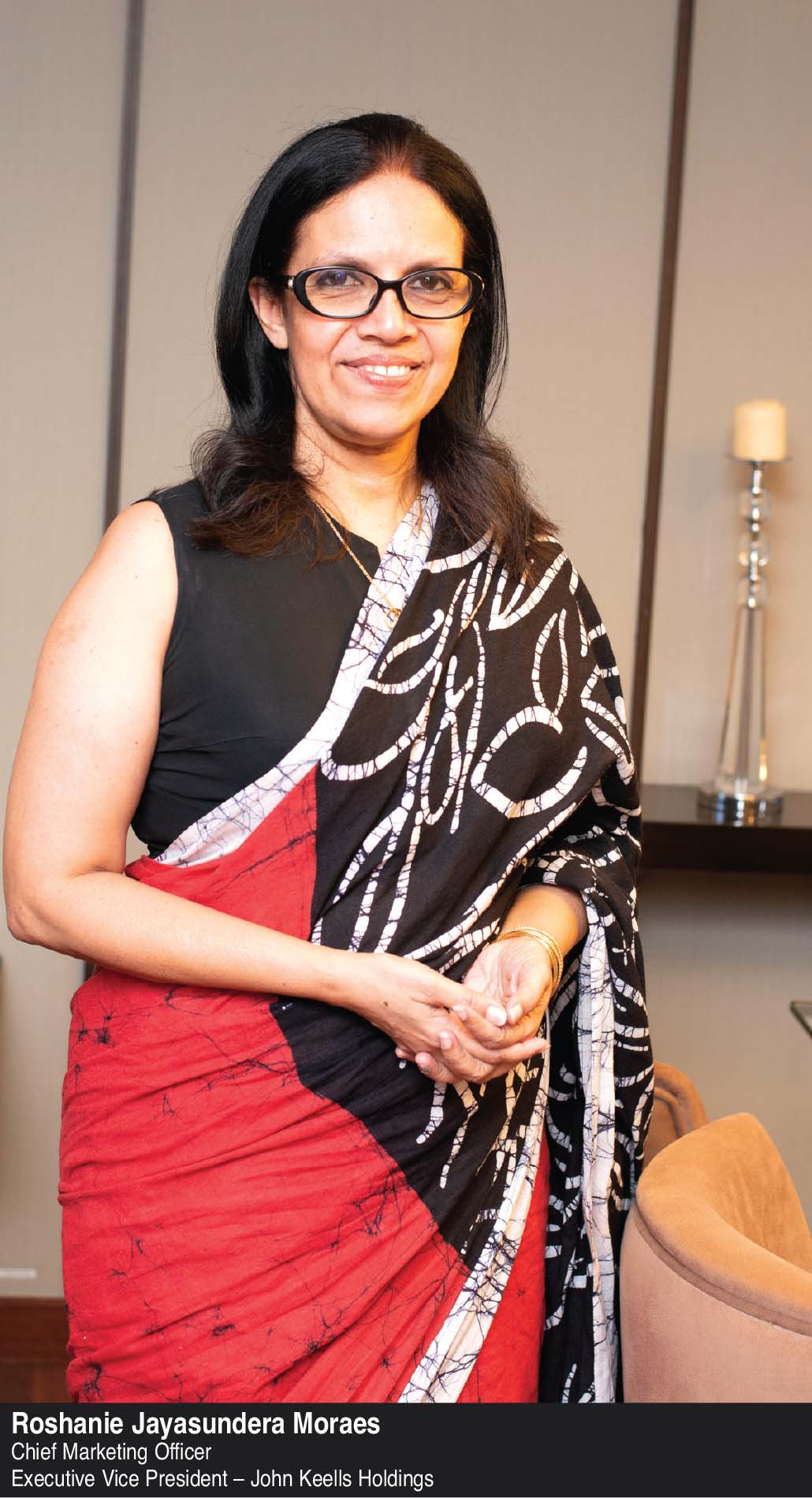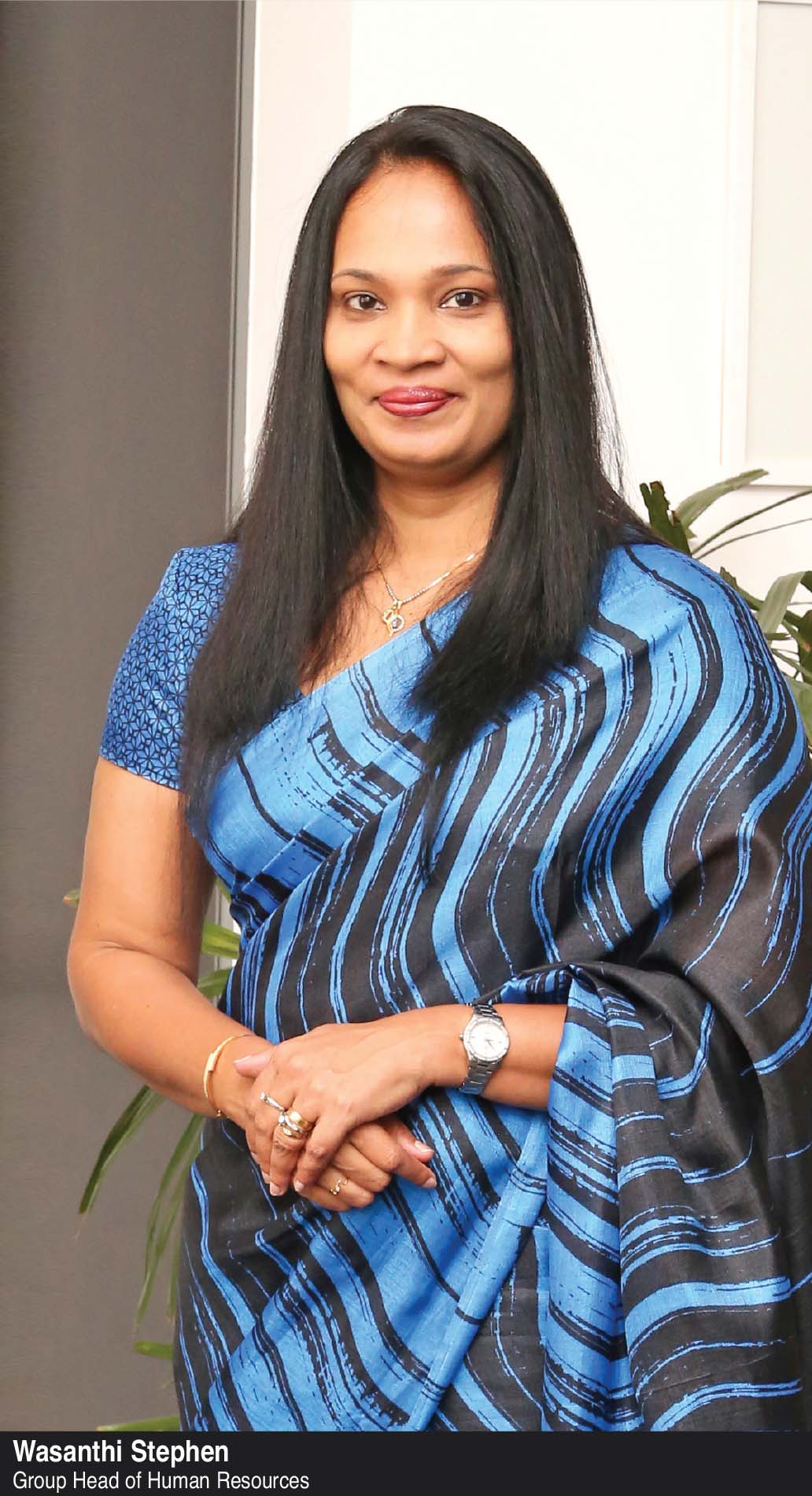PRIME LANDS
Q: How do you view the biz climate from a woman entrepreneur’s perspective?
A: There have been positive prospects that emerged in recent years to record greater success. Our contribution to the Sri Lankan economy is immense. In 2018, the female labour participation rate amounted to 33.6 percent while women comprised 34.9 percent of the economically active population in Sri Lanka, according to Department of Census and Statistics data.
Research from around the globe suggests that women own four of every 10 businesses, which serves as an indicator of their capabilities when it comes to engaging in the world economy.
In my view, Sri Lanka is on its way to achieving this with its rapid expansion of businesses and female entrepreneurship. Today, women are more independent and self-sufficient, and I’m humbled to stand as an example that proves Sri Lanka offers a great platform for them to showcase their skills and achieve their dreams.
Moreover, I feel that women are more successful than their male counterparts because of certain qualities that are nurtured at a young age.
Over a period of time, these qualities and skills become an inherent part of their lives, developing into great qualities such as empathy, and the ability to personalise situations and deal with them from another perspective. These have been our most significant strengths and keys to success.
Q: Do you believe that women are being supported to maximise their potential?
A: Not always. Sri Lanka is still a developing country with rich historic and social values. As much as we would like to exceed limits and explore new opportunities in life, I feel that there comes a time when you have to shut down or stop. Unfortunately, this is the bitter truth!
In this day and age, women struggle to achieve parity in the workplace and society. Although steps are being taken to bridge these gaps, there are many challenges and difficulties that women face – in the form of juggling family responsibilities, and handling traditional and conservative attitudes that confine them to their homes. The typical attitude is that being a woman is in itself a barrier to running a business. But in reality, this is not the case. This mentality can certainly be done away with if we wish to address it.
Despite being a school leaver, I chose a sector that has primarily been dominated by men. Today, I find myself in a man’s den and am delighted to say that I’ve been successful at playing a key role in the real estate sector, which is not an easy task.
Q: How do you view women’s representation in the public and private sectors?
A: The current representation of women in both sectors is not strong. There is a lot more that needs to be done to address the underrepresentation of women in businesses leadership.
Thankfully, the government as well as private corporates in the country are stepping up efforts to drive change. Many businesses are embarking on initiatives to increase the number of women in the workforce and thereby embrace gender equality.
The result of this is that female participation in the labour force has increased comparatively over the years. We are progressing towards equality and as the country continues to advance, women should and must play an equal role.
Q: Do Sri Lankan businesswomen have the potential to go global?
A: In recent decades, the social and economic contributions of women have increased substantially, thereby enhancing Asia’s growth and lifting people out of poverty.
Compared to its regional counterparts, Sri Lanka enjoyed a head start in achieving gender equality and became the first nation to elect a female prime minister. Today, the nation can take pride in saying that the highest paid CEO in Australia – Shemara Wikramanayake – is one of its own.
So this is the time for Sri Lanka to step up its game in the arena of gender equality, and harness its power for the growth and wellbeing of our community and the country as a whole.
Q: In your opinion, how crucial is it for women to assert themselves as valuable members of the business world?
A: Women should see themselves as they are, assess the concerns of the business world as they are and provide solutions in a pragmatic manner rather than being assertive.
For example, a common myth in the legal profession is that female lawyers are more thoughtful, stick to procedure and are petrified to make bold decisions. But women are pragmatic in their own way and require a greater degree of acceptance from the business world to consider more complex perspectives.
A combination of men and women from various experiences and backgrounds will inevitably shape our approach to doing business. Diversity – in terms of gender, culture, age and race – has resulted in distinctive types of creativity and innovation in organisations across the world. Inspiring each other and collaborating with male colleagues who think differently can breed creativity, and promote innovative ideas that push businesses forward.
Therefore, it’s my belief it is extremely important for women to play an active role in the business world. Being more proactive would certainly benefit any organisation.







